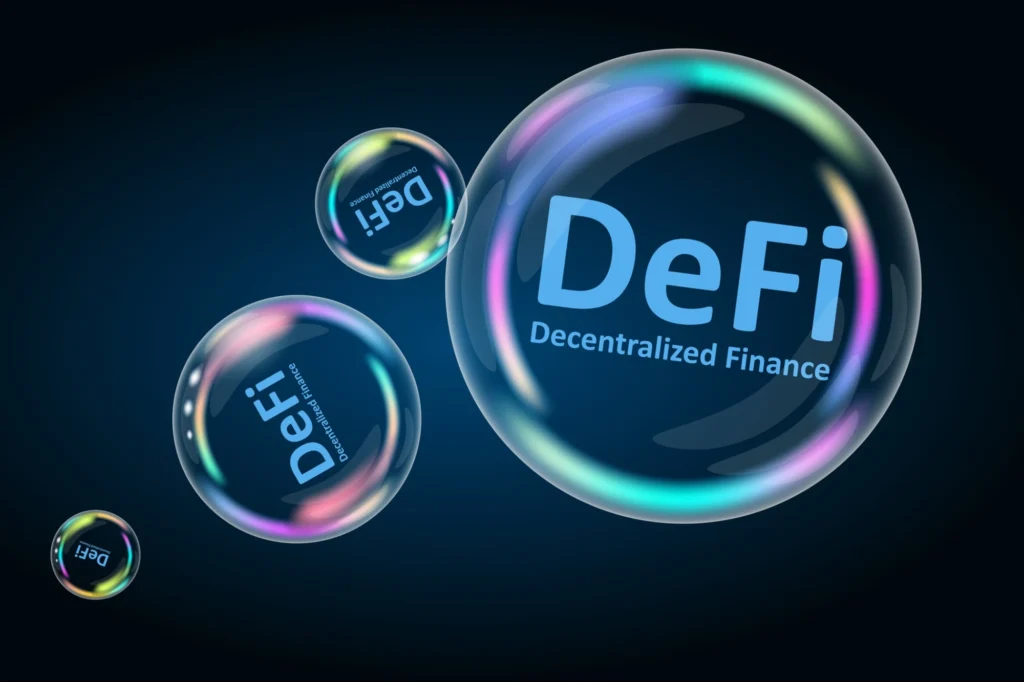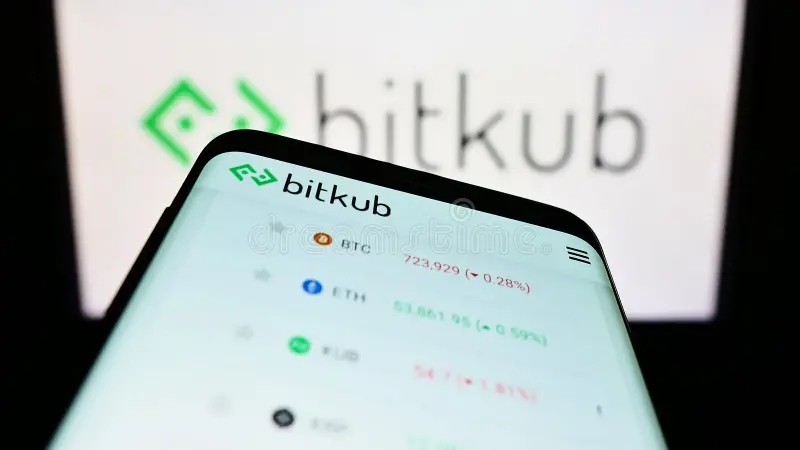As Thailand’s crypto economy matures in 2025, two names continue to dominate the conversation: Binance vs Bitkub Thailand. On the surface, they’re simply two trading platforms—but beneath that, they represent two distinct approaches to digital asset adoption in Southeast Asia.
Their growing divergence speaks volumes about Thailand’s crypto trends, regulatory responses, and user expectations this year.
Global vs Local: Two Strategies, One Market About Binance vs Bitkub Thailand
Binance operates as a global exchange, catering to sophisticated users with international aspirations. Its appeal lies in low fees, advanced tools, and access to nearly every crypto asset under the sun.
Bitkub, meanwhile, is the face of Thailand’s regulated crypto landscape. It’s localized, legally licensed, and deeply integrated with domestic banking systems. It isn’t just a platform—it’s part of the country’s fintech fabric.
This contrast is shaping user behavior in 2025. Experienced traders and DeFi enthusiasts are leaning toward Binance, while retail users, first-timers, and compliance-conscious investors favor Bitkub.

Credit from : Entrepreneur
Binance vs Bitkub Thailand: Fee Wars and User Migration Patterns
Price sensitivity continues to play a major role in trader migration.
- Binance’s 0.1% trading fee (reduced further via BNB) attracts high-volume traders looking to optimize costs.
- Bitkub’s 0.25% flat fee may seem less competitive, but its ease of THB integration keeps casual traders loyal.
In 2025, many Thai users are blending the two: using Bitkub for fiat on/off ramps, then moving stablecoins to Binance for deeper market activity. It’s a workaround that’s become more normalized, despite added complexity.

Credit from : SmartAsset
UX Trends: Simplicity vs Sophistication
Platform design is also shaping market behavior.
Bitkub’s Thai-language interface and simplified navigation reflect the broader trend toward mainstream onboarding—crypto made accessible for everyone.
Binance, while powerful, has seen mixed reception in Thailand. Some users praise its all-in-one ecosystem. Others report confusion with its futures, launchpad, or margin interfaces—especially without full THB support.
As Thai retail participation expands, platforms that balance functionality with clarity will win long-term market share.

Regulatory Trends and Public Trust
Thailand’s regulatory environment in 2025 favors transparency, and Bitkub’s compliance with the SEC has helped it become a default option for cautious users.
By contrast, Binance continues operating in a legal gray zone—functional via P2P and offshore routes, but without a formal Thai license. This hasn’t stopped tech-savvy users, but it’s a limiting factor for wider adoption.
Expect ongoing scrutiny of Binance-like platforms as regulators work to tighten oversight of foreign exchanges operating locally.

Token Preferences: What Thais Are Actually Buying
Bitkub’s limited asset offerings—mostly BTC, ETH, USDT, and a few Thai-centric tokens—reflect conservative investor behavior in Thailand.
Binance, however, captures the emerging trader class. In 2025, we’re seeing growing Thai interest in:
- AI and gaming tokens
- Staking and yield farming
- Low-cap altcoins for short-term plays
The divide suggests two different investor personas are rising: the “HODL and learn” crowd versus the “trade and explore” cohort.

The 2025 Takeaway: Parallel Growth, Not Direct Competition
It’s tempting to frame Binance vs Bitkub as a zero-sum game—but that’s not what’s happening in Thailand. Instead, the market is segmenting, and both platforms are thriving within their own lanes.
- Bitkub leads on regulatory alignment and user onboarding.
- Binance excels at serving globalized traders who demand breadth and depth.
Thailand’s crypto future may depend less on “picking a winner” and more on how well these platforms evolve in parallel, addressing increasingly diverse user expectations.
Final Thoughts: What Binance vs Bitkub Tells Us About Thailand’s Crypto Future
The crypto landscape in Thailand is no longer just about coins or exchanges—it’s about ecosystems. Binance and Bitkub are driving two very different ecosystems that reflect Thailand’s broader digital transformation.
In 2025, traders are no longer asking “Which one is better?” but rather “Which one fits me better right now?”
As platforms continue adapting to regulation, tech innovation, and user demand, Thailand may well become a regional case study in how global and local forces coexist in crypto adoption.
Stay tuned—this trend is far from over.





